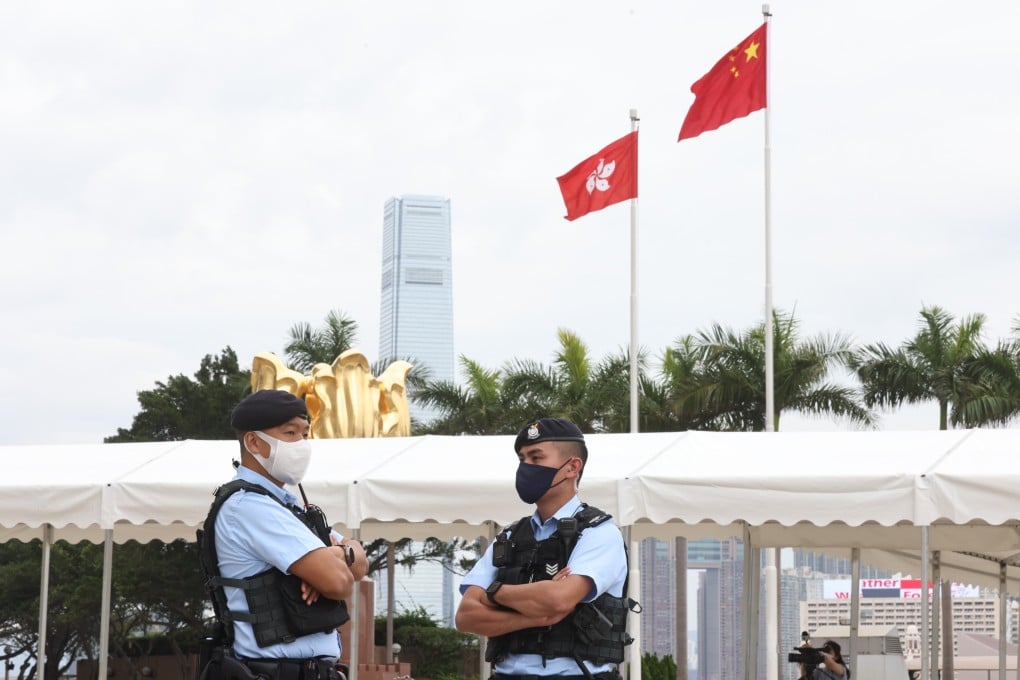Opinion | National security law and one-man election race show Beijing’s plan for Hong Kong is right on track
- The election of John Lee in a race in which he was the sole candidate, the exodus of unpatriotic Hongkongers and the mass arrests under the national security law all point to everything falling into place
- Rule of law in Hong Kong remains alive and well, it would seem, with judges recently expressing concerns about prosecutorial delays in national security cases

The notion of choice is anathema to Hong Kong’s stability, as the decades-long battle for universal suffrage has shown.
As Lee marks the third devout Catholic out of five Hong Kong leaders since 1997, after Donald Tsang Yam-kuen and Carrie Lam Cheng Yuet-ngor, the pious could almost be forgiven for believing that everything that has happened in our city in the past 25 years was designed by God to test the will, endurance and faith of Hongkongers.
Of the 53 arrested, whose ranks include lawyers, former legislators and district councillors, social workers, medical professionals, journalists and academics, 47 were charged in February 2021, with 34 currently remanded in custody. They face the possibility of life imprisonment. Under Article 42 of the national security law, bail must be denied unless there are sufficient grounds to believe the defendant “will not continue to commit acts endangering national security”.
